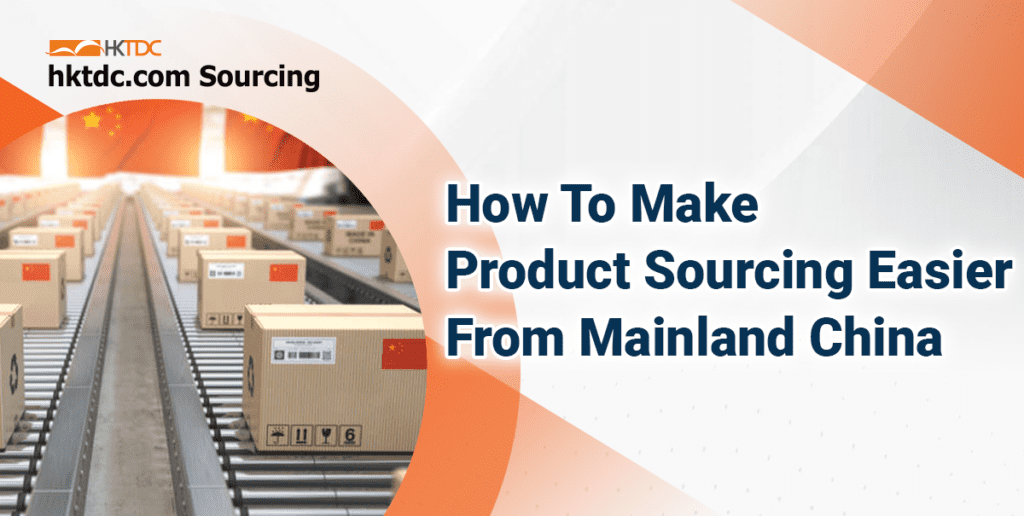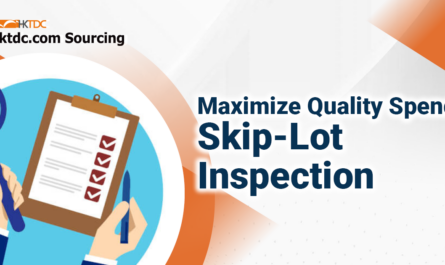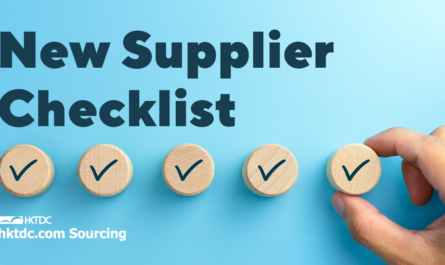Mainland China is one of the most sought-after countries when it comes to importing. As per the reports, 18.6 percent of total imports made by the US in 2020 were from Mainland China. If you think that importing from Mainland China is extremely expensive and reserved only for the big companies, you need to debunk
this belief right now. With the help of internet connectivity, even smaller businesses can import products from Mainland China.
However, foreign companies may find it difficult to figureout all the required information about sourcing products from Mainland China. What should be done to address this issue? If you follow a few tips on importing from Mainland China, you can cost-effectively benefit your business. Go through this blog to decipher these tips.
1. Picking the right product and development plan

Which is the best product to source from Mainland China? It will depend completely on your current situation. Initially, you need to talk to your respective market. You must go through your email list carefully to call the current and previous customers and understand what your competitors are offering. You can start building an idea of what you are going to offer. If it is similar to something that already exists, it is not a bad idea. If customers are buying that similar product, you have a chance of doing pretty well as your products will also have demands.
Once the product is decided, it is important for you to determine what the customers like or dislike about the existing product. Taking inputs from this analysis, you should create a strategic development. This step can make product sourcing easier for you.
2. Finding a suitable supplier- manufacturer or trading company?

You may have a wide list of potential suppliers. It is important to narrow down the list and head toward the right supplier. You must be very careful while choosing a supplier. Companies often complain against the distributors for a terrific experience. If you want to avoid such experiences, you need to take a few things into consideration before choosing a supplier. You should consider the following facts:
- License
- The supplier’s ability to export to your market
- Their geographical location
- Their background
3. Shipping terms

Before signing a contract, you must be aware of the shipping policy of your supplier. Is it aligned with your requirements and goals? You should understand each term and condition to make your product sourcing safe and hassle-free.
4. Education about Chinese business etiquette

Each country has its own ways, rules, and regulations. If
you want to import from Mainland China, you must educate yourself about the country’s
norms, rules, and regulations to be compliant with legal standards.
5. Factory & product inspections

Before investing your money, you must check the factory. It
should have an ideal infrastructure and the right environment. If possible, you
should check the products before delivery. A large number of companies across
the world rely on trusted agencies for sourcing products from Mainland China for the
purpose of inspections.
6. A Final Takeaway
Other than the points mentioned above, buyers should
evaluate aspects such as shipping workflow, delivery times, quantities and the
expenses involved. Do consider these things wisely and make your product
sourcing from Mainland China hassle-free.

Richard Laub - CEO of Dragon Sourcing
Richard is the CEO and co-founder of Dragon Sourcing and has over 30 years of consulting and operational experience. Prior to finding Dragon Sourcing, Richard had worked for a range of blue-chip consultancies including Booz Allen and Hamilton in London and Accenture, and managed large international procurement programmes across a variety of industries including automotive, chemicals, FMCG, electronics, paper & financial services, etc. Richard holds a commercial engineering degree from Solvay Business School (Belgium) and an MBA from Carnegie Mellon University (USA).
Subscribe to NewsBites and stay updated on the latest business trends and news.
This website may contain material sent to the HKTDC by third parties. Without prejudice to any rights, remedies and interests that HKTDC may have, HKTDC is not responsible for any error, omission or inaccuracy in the material. HKTDC reserves the right to omit, suspend or edit any material submitted. The opinions, findings, conclusions and recommendations expressed in such material are those of the authors thereof, and do not necessarily reflect the views of HKTDC.




















